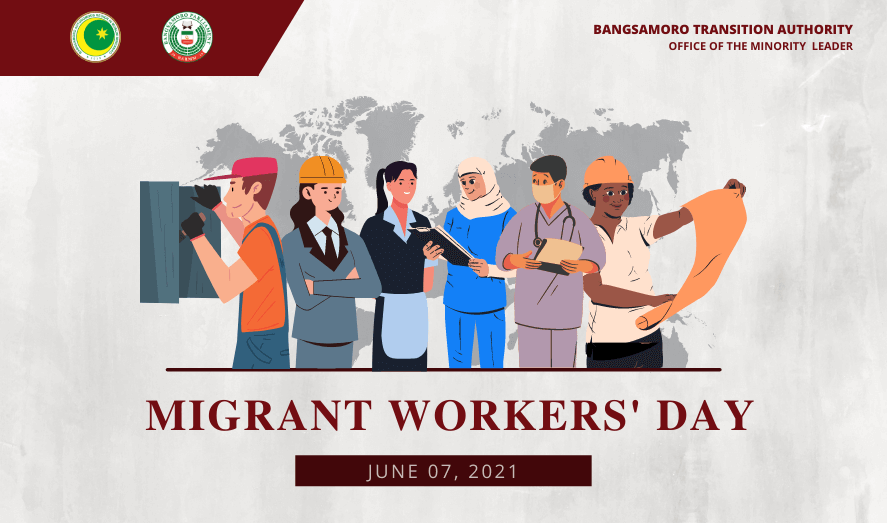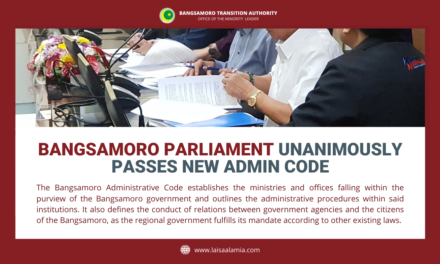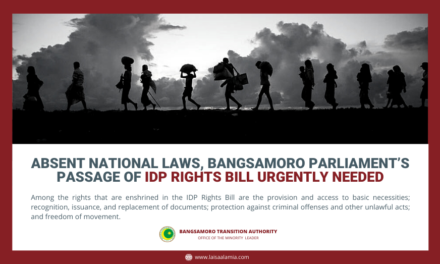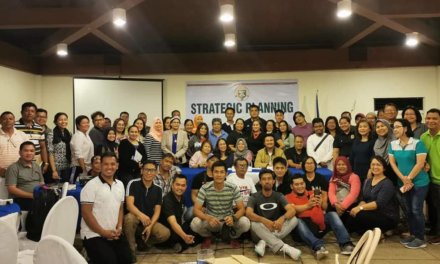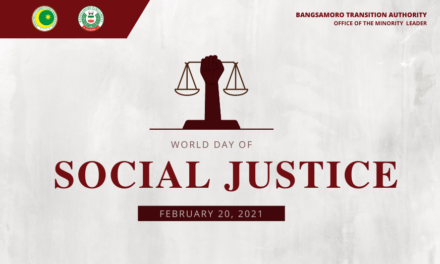Migration has enabled the Filipino to fulfill their desire for a better life, as they struggle through loneliness and isolation to provide for their families. With time and technology making way for better communications and transportation, it has become relatively easier to move and make a living in places that are far from home
However, risks remain for many migrant Filipino workers as they face discrimination and human rights violations abroad. In the Bangsamoro alone, the geography coupled with its history of conflict and poverty makes the region vulnerable to cases of human trafficking. This has prompted the regional government to establish the Bangsamoro Task Force against Human Trafficking of OFWs early last year.
As the pandemic continues to pose new and unforeseen challenges, Filipino migrant workers continue to be disproportionately affected by the loss of livelihood, many of them unable to return to their families for reasons both personal and political. This places them at a greater risk of trafficking and exploitation, especially those whose legal status may be a cause of detention in facilities that are not equipped for the pandemic or deportation without due process, among other possible human rights violations.
Filipino migrant workers often leave the country not out of choice but out of necessity, hoping to provide a better life for their families. We join the Bangsamoro regional government, as public servants and primary duty bearers in upholding human rights, in its commitment to keeping migrant workers safe as it works towards just and lasting peace, along with an inclusive development that can sustain its people by providing opportunities and livelihood that do not only make migration safe but also makes coming home possible.

